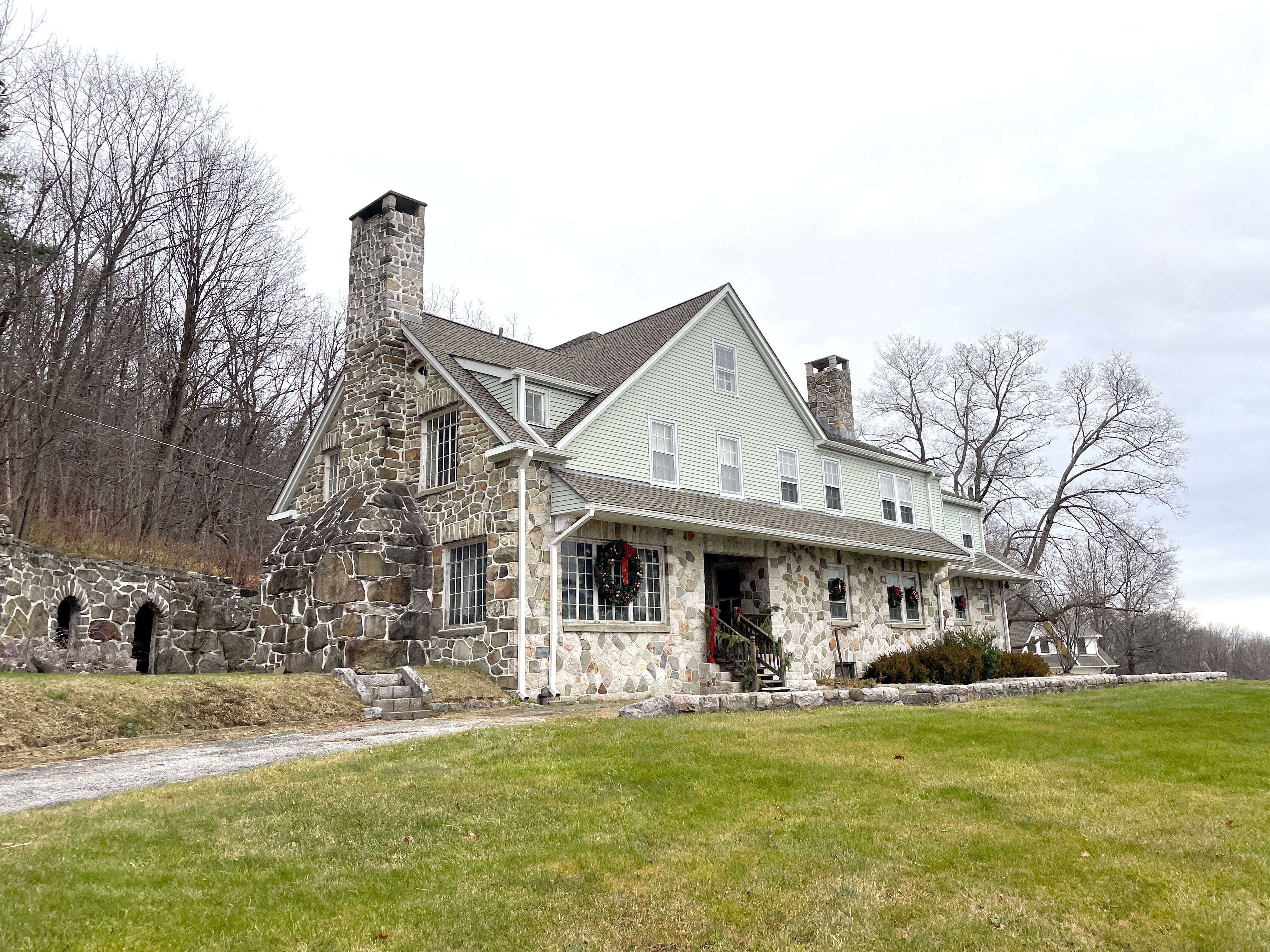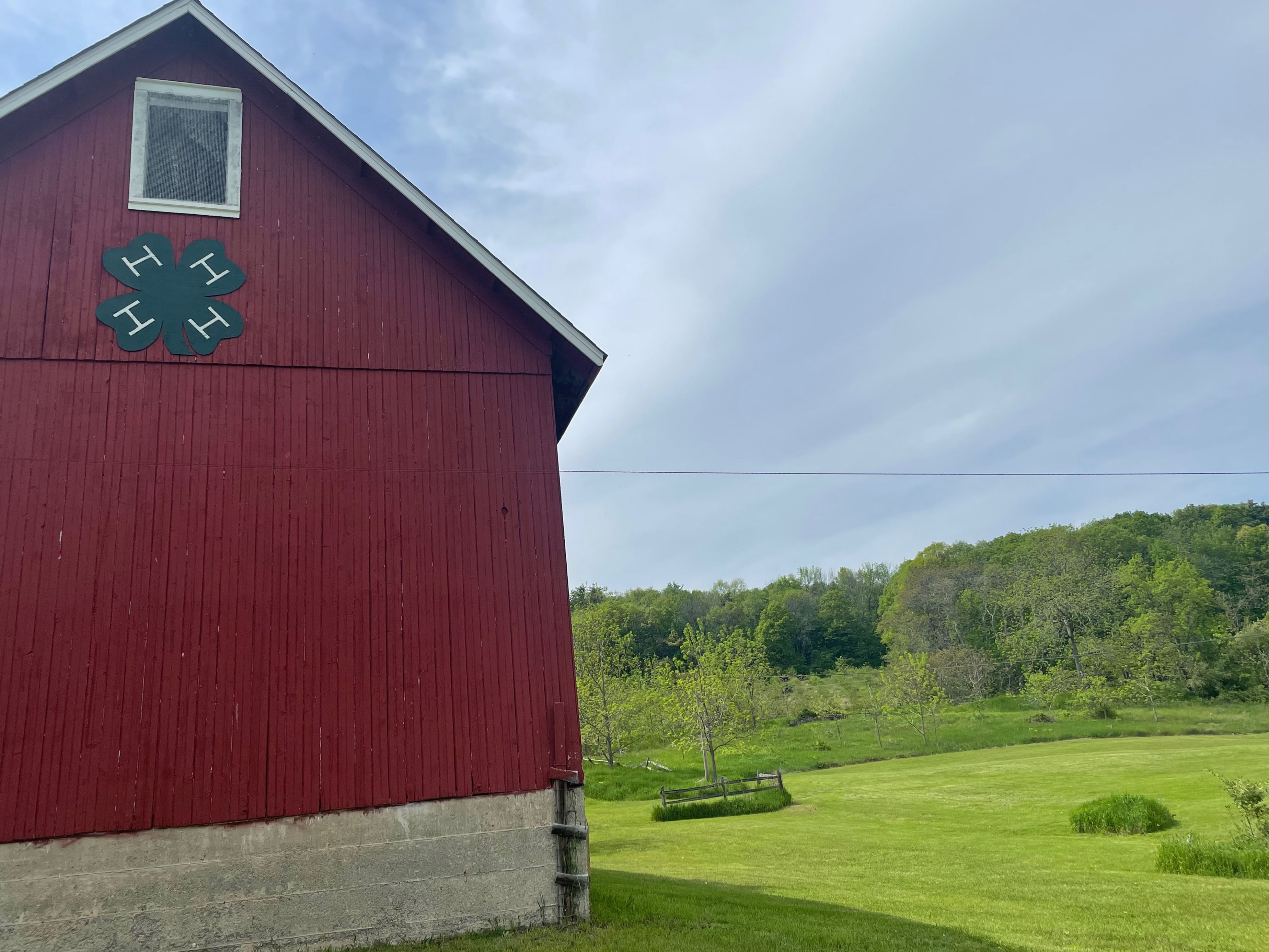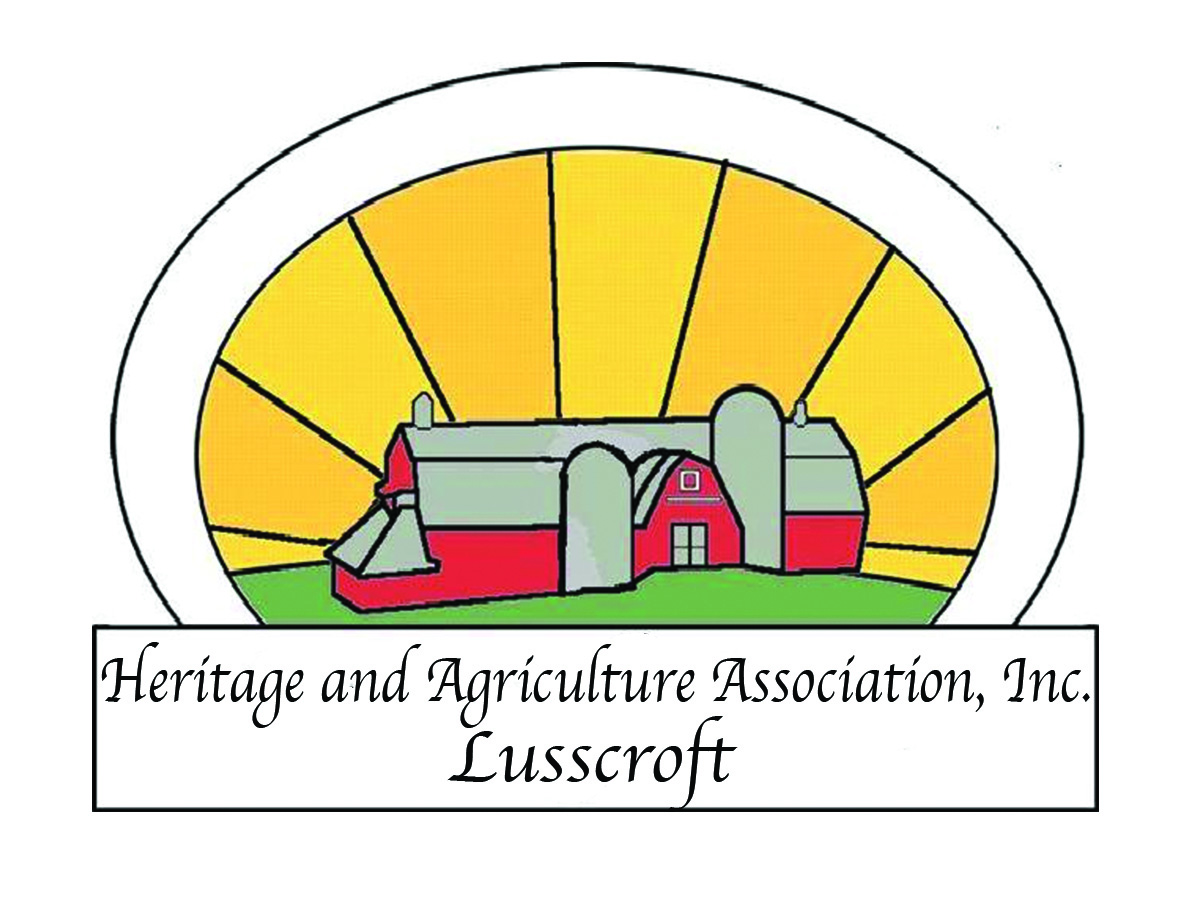Lusscroft’s Original Donor and Benefactor: Who were James Jarvie & James Turner?
James Newbegin Jarvie (1853 – 1929) was the son of a Scottish textile designer who came to Brooklyn in 1855. He subsequently lived in Glen Ridge and Bloomfield, New Jersey, before moving to Upper Montclair in 1904. A world leader among sugar refiners and coffee importers, he was known as the “Coffee King”. He was a partner in Arbuckle Brothers, a coffee and sugar business, which offered the first roasted coffee beans for sale. He retired in 1906 to look after his investments, but he continued serving as director on the boards of 26 corporations.
Among his many philanthropic works, Jarvie is best remembered for establishing the Jarvie Commonwealth Fund in 1925 to assist the aged poor. He served as president of the board of trustees of the Westminster Presbyterian Church of Bloomfield, gave the church a building and later purchased an adjoining property for a manse, known as Helen’s Manse, in memory of his wife. He married Helen Vanderveer Newton, of Bloomfield, in 1909 but she was killed in an accident in 1917.
Jarvie also purchased several farms, totaling 400 acres, in the heart of the village of Beemerville and operated them under the name of the Belle-Ellen Stock Farms. He built a country residence several miles distant on the Branchville Road, which he named Newbegin.
Jarvie died in 1929 at 75 years old. He left an estate valued at $37.6 million. He endowed the Jarvie Commonwealth Fund with $14 million dollars, naming his nephew, James Turner, as its president. Jarvie’s bequest to the Presbyterian Church included $3 million to the permanent fund for the Board of National Missions and $250,000 to the Board of Foreign Missions. A trust fund amounting to $5 million was set aside for the life use of ten relatives, to be distributed outright to their descendants. Jarvie’s nephews, James Turner, of Montclair, and Henry Elwyn Worcester, of Worcester, Massachusetts, were appointed executors.
James Turner was born in Brooklyn, New York, in 1859. He graduated from Amherst College in 1880. He was a generous benefactor to his alma mater, establishing the Class of 1880 House LIbrary, funding a chair in the Classics, and contributing to the D.U. Fraternity House. In recognition of his patronage, he received an honorary M.A. and LL.D. from te college.
Turner moved to Prospect Avenue, Montclair, in 1900. He retired as chief executive officer of Arbuckle Brothers, New York coffee merchants, in 1906, the same year as his uncle and contemporary, James N. Jarvie.
Turner first purchased land in the Wantage foothills of Kittatinny Mountain in May 1914. His manor house and three-car garage were completed in 1916.


Wishing to promote dairy science, James Turner donated six model dairy farms, totaling 1,050 acres, to the State of New Jersey in 1931 for use as the North Dairy Branch of the State Agriculture Experiment Station. Lusscroft encompasses the adjacent Home, Meadow, Wyker and Valley Farms, which Turner purchased and improved. He inherited the Belle Ellen Stock Farm and Newbegin Farm from his uncle, James Newbegin Jarvie, of Upper Montclair in 1930. In 1971, shortly after Rutgers University closed its dairy research facilities, the Belle Ellen, Newbegin and Valley farms, were turned over to the DEP. Rutgers retained jurisdiction over the 578 acres at Lusscroft for use as a 4-H camp, which was turned over to the DEP in 2002.

On May 16, 1936, Dr. Robert C. Clothier, president of Rutgers University, awarded Turner a medal in recognition of his contributions to the advancement of dairy science at the 5th anniversary celebration of the establishment of the James Turner Institute for Animal Research at Lusscroft, near Beemerville.
James Turner died on May 6, 1939. He was survived by a sister, Miss Isabelle Jarvie Turner; of Montclair; and two brothers, Dr. William J. Turner, of Montclair, and Henry D. Turner, of La Jolla, CA.
